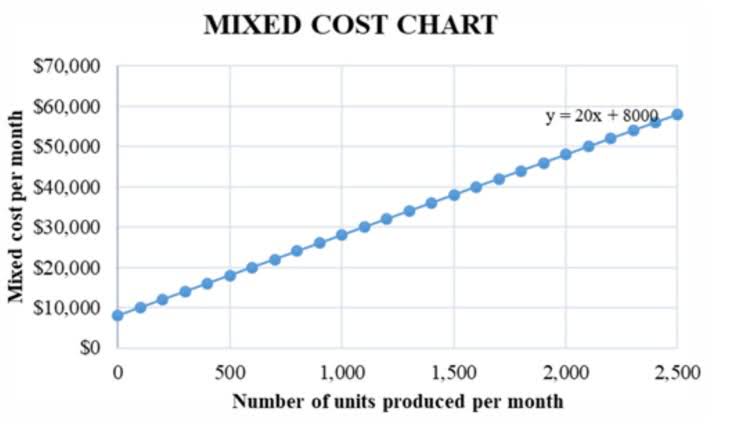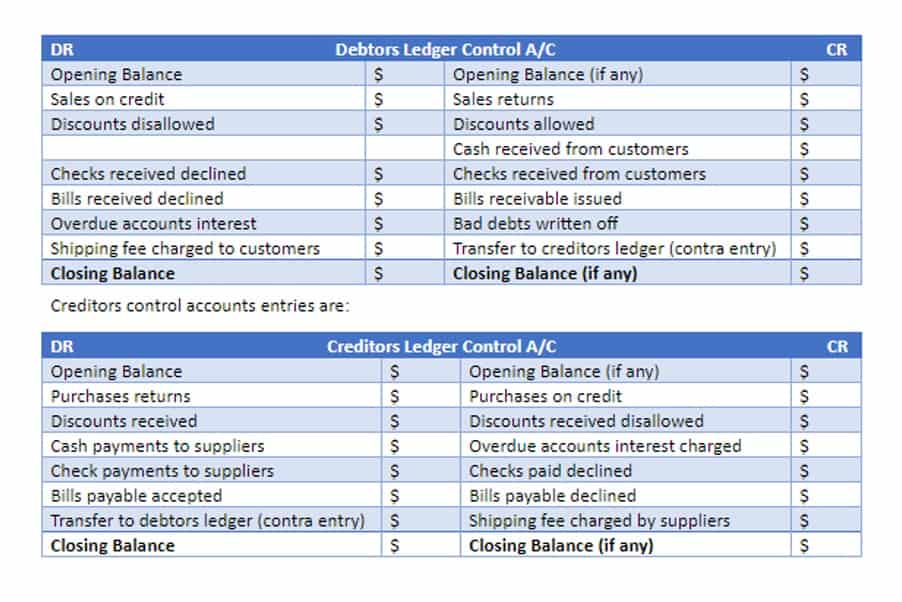
Individuals may face license revocation, suspension, or disciplinary actions from professional bodies. These actions impact their current employment and hinder future financial and accounting career prospects. The fi-8170 is Ricoh's top-of-the-line offering, with the powerhouse scanning abilities to match. In fact, it can record keeping for small business intake anything up to 7mm thick at a speed of 70 double-sided pages per minute.
Ensuring Compliance – What Are the Key Responsibilities of a Bookkeeper When It Comes to Maintaining Financial Records
There are free software packages available but make sure these meet your business's needs. Talk to your accountant, bookkeeper or tax agent for advice on which method or system is best for your business, Law Firm Accounts Receivable Management and your legal responsibilities for keeping records. You may need to access your records at different times of the year (e.g. for end of financial year) or on request (e.g. by the Australian Taxation Office). QuestionPro is a survey software and data management platform with excellent features to utilize. Records preservation and protection entails ensuring that the records are kept safe and secure and that they will be usable for as long as they are required. It could involve using protective storage materials, performing regular backups, and taking other precautions to avoid damage or loss.
FASB Standards

Keeping accurate and up-to-date records is vital to the success of your business. Good records help you to minimise losses, manage cash, meet any legal, regulatory and taxation authority requirements and improve financial analytics. The retention period for financial records varies based on legal and regulatory requirements, but retaining them for a minimum of six years is generally recommended. Bookkeepers handle significant financial documentation, such as receipts, invoices, and bank statements. Document management systems like Dropbox, Google Drive, or OneDrive offer cloud-based storage solutions for organizing and securely storing these documents.
Technology for Compliance and Transparency
- Consider seeking professional advice if you need clarification on the regulatory landscape impacting your financial record-keeping practices.
- A systematic approach to financial record-keeping not only simplifies the process of tracking transactions but also provides business owners with clear insight into their financial standing.
- These components work together to ensure that financial records are reliable, accessible, and safeguarded against loss or unauthorised access.
- In advanced bookkeeping, a practitioner goes beyond basic transaction recording to implement strategies for detailed financial tracking and analysis.
- Good records are able to provide leaders and business stakeholders detailed insights regarding the performance of their employees, tools and systems, and processes in place.
Even if you’re not familiar with financial systems, you should be able to set this one in motion and keep it running with minimal effort. After you've formed the “collection habit,” you’ll find the rest will come along. If you want to keep your business separate from your personal financial life, you'll need to work toward getting a business credit rating. Dun & Bradstreet (D&B), Equifax, and Experian are the primary business credit bureaus. Turn everything you've checked over to your bookkeeper to record or record it yourself.
- Cloud-based software is typically easier to set up and maintain, as the provider handles updates and backups.
- You’ll minimize the “garbage” and the problems that come with it and you'll maximize your financial situation if you follow this simple five-step system.
- These documents provide evidence of financial transactions and serve as the foundation for accurate record-keeping.
- Blockchain technology can transform financial record management by providing a secure, transparent, and tamper-proof way to store and verify financial records.
- Moreover, inaccurate records can also lead to tax evasion, resulting in additional fines, penalties, and back taxes owed.
Consistency in maintaining books of accounts aids in precisely tracking the company’s financial growth over a period of time. Financial planning is a strategic process that involves forecasting future fixed assets business scenarios. Irregular entries or haphazard bookkeeping can lead to inconsistencies in data, making it hard to predict future financial conditions. In conclusion, accurate and timely financial record-keeping is essential for businesses to thrive and make informed decisions.

